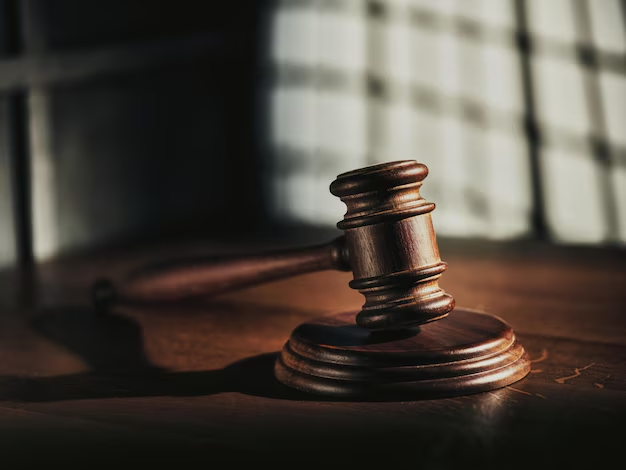
The Independent Corrupt Practices and Other Related Offences Commission (ICPC) has secured a major judicial victory as the High Court of the Federal Capital Territory, Abuja, presided over by Justice Josephine Obanor, dismissed a suit that sought to restrain the Commission from performing its statutory investigative functions.
The case arose from a petition alleging financial impropriety in the administration of Scholarship Funds in Kano State. In the course of investigations, ICPC invited officials from the Kano State Ministry of Higher Education and the Kano State Scholarship Board to provide documents and clarifications.
Rather than honour the invitation, the officials—led by the Permanent Secretary of the Ministry of Higher Education, Dr. Hadi Bala—filed Suit No. CV/2857/2025 against the Attorney-General of the Federation and ICPC, alleging that such invitations infringed upon their fundamental rights.
Delivering judgment, Justice Obanor held that the Attorney-General of the Federation was wrongly joined as a party and should be struck out, while the officials of the Scholarship Board be properly joined. The court further clarified that an invitation letter from ICPC for investigative purposes does not constitute a breach of fundamental rights.
The court ruled that the applicants failed to establish any violation of their rights, stressing that ICPC cannot be restrained from lawfully discharging its mandate. The case was consequently dismissed for lack of merit.
The judgment strengthens the legal foundation of ICPC’s powers to investigate allegations of corruption and financial misconduct, reinforcing its central role in the anti-graft campaign.
This ruling carries broad implications for governance and accountability in Nigeria. By affirming that no public official is above the law, it curtails attempts by individuals or institutions to use the courts as a shield against legitimate investigations.
The decision also establishes an important judicial precedent, empowering anti-corruption agencies like ICPC and EFCC to carry out their functions without fear of being stalled by claims of fundamental rights violations. It further sends a strong warning that public funds must be managed responsibly, and officials who are invited for questioning must comply with lawful directives.
Following this ruling, Nigerians are expected to demonstrate greater cooperation with anti-graft agencies by responding to summonses, supplying information, and supporting investigative processes. Civil society organizations and the media, in particular, are called upon to intensify monitoring of scholarship funds and other public resources, ensuring they reach their intended beneficiaries.
The public is also expected to hold leaders accountable, viewing this judgment as proof that the justice system can serve as a true partner in the fight against corruption. Citizens must continue to demand transparency, while resisting efforts by corrupt individuals to undermine due process.
The ICPC, on its part, has assured Nigerians that it remains committed to upholding transparency, accountability, and the rule of law in discharging its duties.
Reported by: Stone Reporters News
📩 info@stonereportersnews.com | 🌍 stonereportersnews.com
📘 Facebook: Stone Reporters | 🐦 X (Twitter): @StoneReportNews


Add comment
Comments